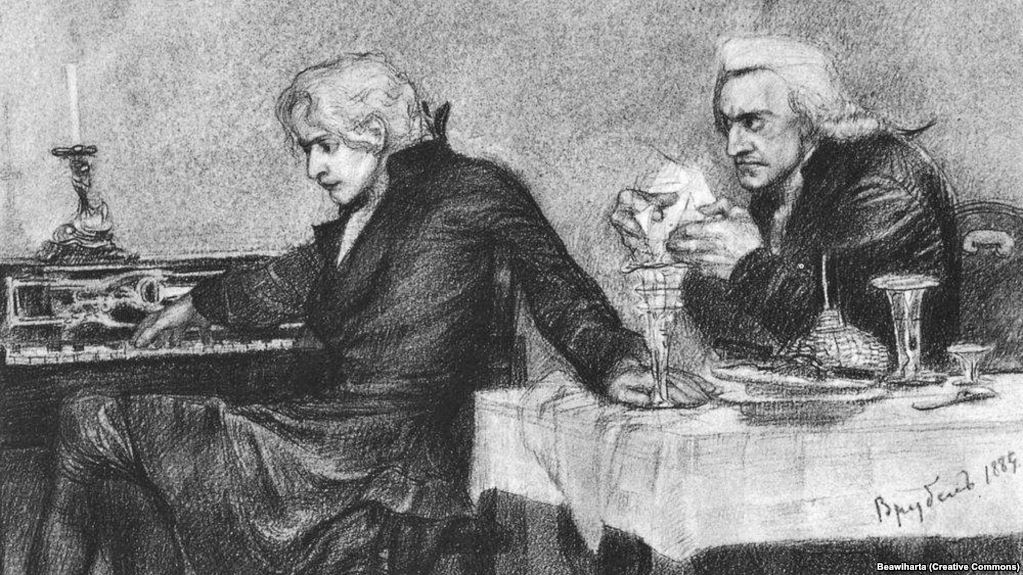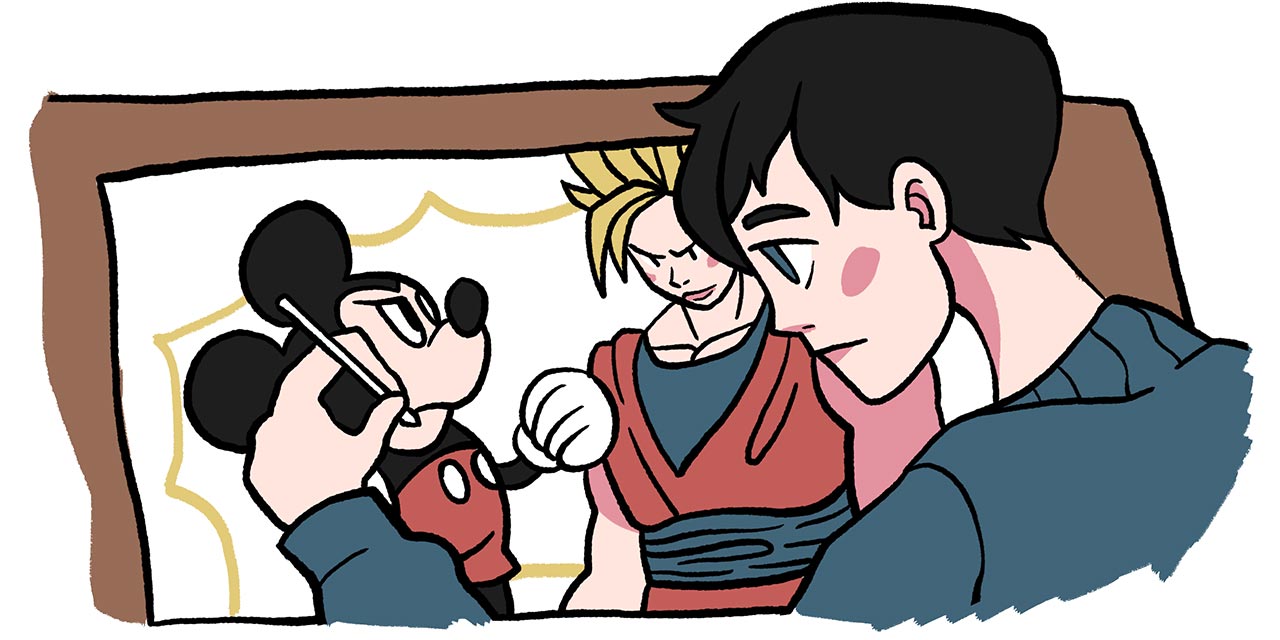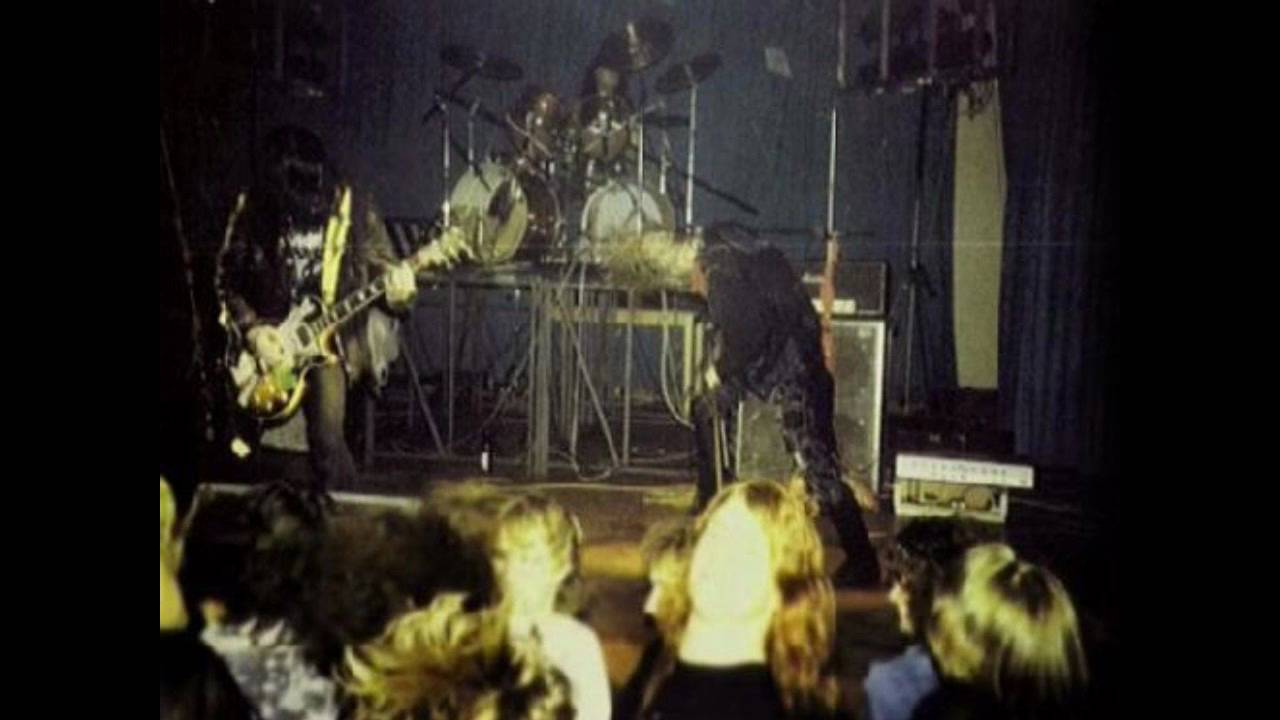In music, sampling was originally developed by experimental musicians, who altered and manipulated vinyl records on a phonograph. Today, sampling has evolved into the act of taking a portion, also known as a sample, of a sound recording and reusing it in a different song or musical piece. Sometimes an artist will use pre-existing recordings to sample songs while other artists, like trip hop band Portishead, sample their own sound recordings. Unfortunately, the use of sampling has sometimes been met with legal and ethical controversy. Experimental musicians who first pioneered the technique did not inform or receive permission from the artists in whom they were sampling from. As a result, it became a necessity to pay artists in order to obtain legal rights for their samples.
There are various genres of music in which sampling music is a common technique. Some well-known examples of popular sampling genres include hip hop, electronic, and psychedelic rock. The addition of sampling sound recordings increasingly introduced different genres of music, such as classical and jazz, to the modern digital production. Musical artists often include samples to assist in the construction of the beat for another song. For instance, DJs incorporate hip hop music to enable a continuation of dancing. Apart from sound recordings, sampling can also consist of spoken word. This form is usually taken from a movie, television, or any other non-musical media.
Kanye West’s songs have always been huge, elaborate affairs that usually build off a previous existing song or sample the best parts of several others to create one coherent whole. The previous six albums created by Kanye epitomize the artistic creativity, and legal controversy, of the various forms of sampling.” The College Dropout,” “Late Registration,” “Graduation”, “808s & Heartbreak,” “My Beautiful Dark Twisted Fantasy,” and “Yeezus” contain various forms of sampling ranging from sound recordings to spoken word. By manipulating tempo, prolonging sounds, and rearranging beats, West boldly implements artists such as Midler and Aphex Twin into his tracks. His signature technique involves speed alteration and applies this method with Steely Dan’s ‘Kid Charlemagne and Elton John’s ‘Someone Saved my Life Tonight in his ‘Good Morning’ from 2007s “Graduation.” In addition, the backbone for one of West’s most famous tracks ‘Through the Wire’ is Chaka Khan’s 1984 track ‘Through the Fire.’ Although lack of creativity is one of the criticisms concerning the art of sampling, Kanye incorporates a unique combination of classic soul samples to his personal upbeat tempos. As a result, these collaborations usually result in international hits. However, his genius incorporation of samples does not give him immunity against the suffocation of copyright law. In 2005, West was sued for allegedly sampling a portion of his popular hit ‘Gold Digger’ without obtaining rights from David Pryor. Later in 2010, he was also sued by musician Vincent Peters over copyright dispute for the track ‘Stronger.’ Despite these minor setbacks, Kanye continues to include samples with Otis Redding, Daft Punk, Prince, and several other well-known artists.
Although some critics will argue that sampling is just another form of plagiarism, Kanye’s unique ability to apply speed alteration to his tracks is a form of art within itself. His artistic expression lies within his ability to manipulate the speed of samples, strategically add synchronized beats, and harmonize various warped vocals. It is not a secret that Kanye is a confident and, all too often, arrogant man. However, confidence is a key component for any artist who is bold enough to combine three samples, “It’s Your Thing,” by Cold Crits, “Afromerica,” by Continent Number 6, and “21st Century Schizoid Man,” by King Crimson, into one song (‘Power’). Despite being suffocated by several copyright violations, Kanye continues to produce albums inspired by the works of other artists. This sense of purpose and drive that pushes him to makes records is critical in a time when major record labels are becoming stiflingly conservative.
Source: http://www.theverge.com/2014/8/20/6048381/kanye-west-samples-listenable-history http://www.nme.com/blogs/nme-blogs/kanyes-yeezus-why-his-sampling-still-sets-him-apart
#kanyewest #sampling #music #copyright







